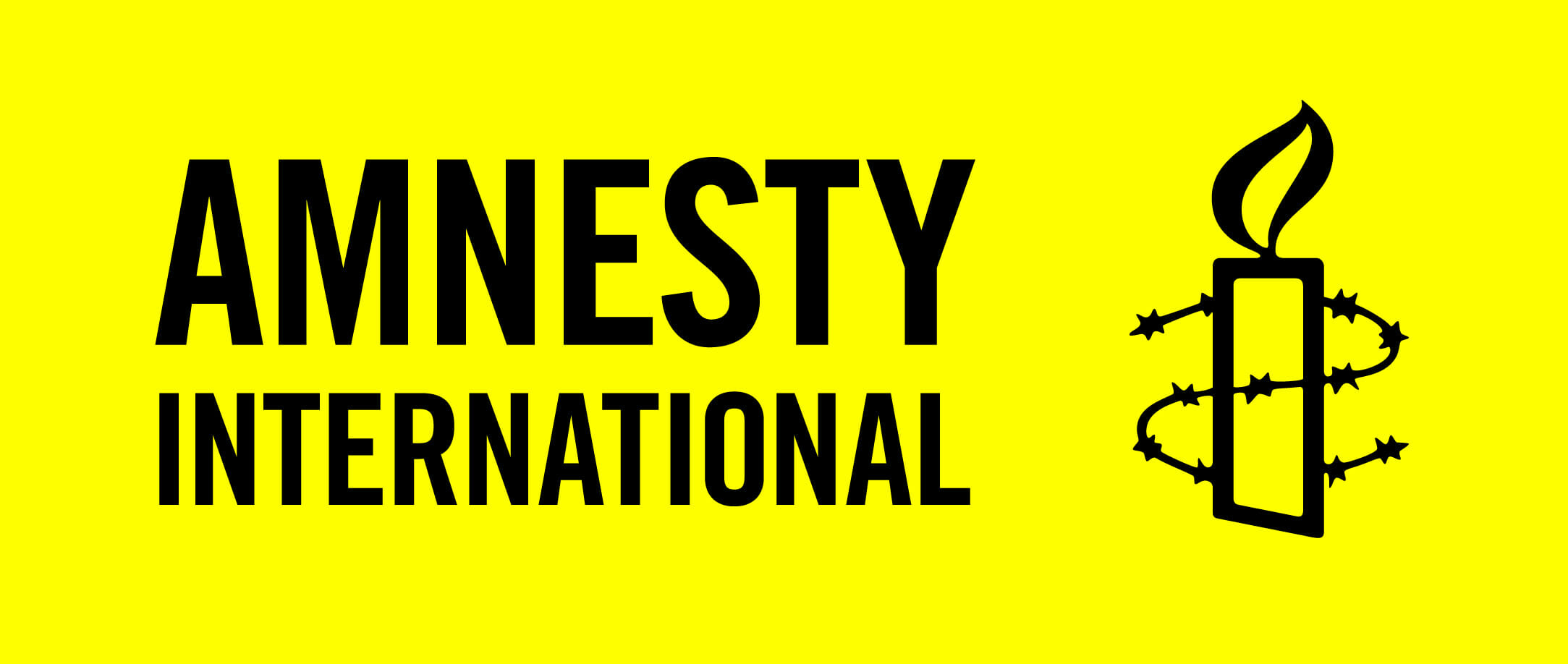Death Penalty in International Law

The Universal Declaration of Human Rights, adopted by the United Nations General Assembly in December 1948, recognizes each person’s right to life. It categorically states that “No one shall be subjected to torture or to cruel, inhuman or degrading treatment or punishment” (Article 5). In Amnesty International’s view, the death penalty violates these rights.
The community of states has adopted four international treaties specifically providing for the abolition of the death penalty. Through the years, several UN bodies discussed and adopted measures to support the call for the worldwide abolition of the death penalty. (Read more on the Amnesty International global website.)
Amnesty International opposes all executions. The United States continues to be one of the top five executioners in the world, despite the growing trend towards abolishing the death penalty and the serious concerns regarding racial bias and wrongful conviction connected with the practice.
The overwhelming majority of death row defendants in the US have been executed for killing white victims, even though African-Americans make up about half of all homicide victims. Almost all of these people could not afford their own attorney at trial, and since 1973, over 140 death row inmates have been exonerated due to evidence of wrongful conviction.
